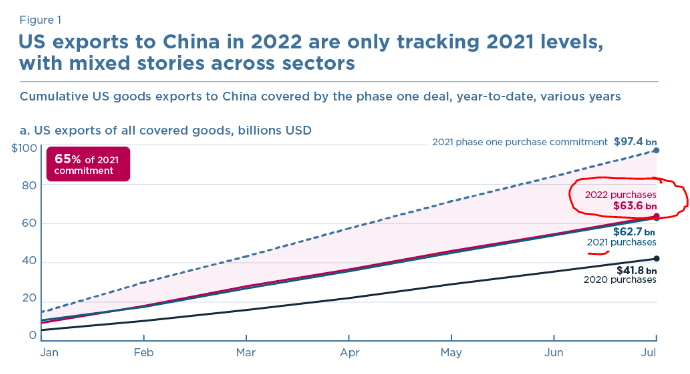VACCINES 🧵
1) Yes, policymakers & companies must address IP / tech transfer
2) But another bottleneck is how COUNTRIES cooperate to get vaccine manufacturing scaled up globally
Thanks @Aime_Williams for describing a proposal by @TomBollyky & me... 1/
ft.com/content/f230e4…
1) Yes, policymakers & companies must address IP / tech transfer
2) But another bottleneck is how COUNTRIES cooperate to get vaccine manufacturing scaled up globally
Thanks @Aime_Williams for describing a proposal by @TomBollyky & me... 1/
ft.com/content/f230e4…
.@TomBollyky and I have proposed a Covid-19 Vaccine Investment and Trade Agreement (CVITA)... 2/ 

The problem to solve:
The vaccine manufacturing supply chain is complex.
(Reflexively we think "Big Pharma," but that is NOT reality for Covid-19 vaccines)
THIS supply chain is highly fragmented & requires considerable coordination to get ANY vaccines manufactured at all 3/
The vaccine manufacturing supply chain is complex.
(Reflexively we think "Big Pharma," but that is NOT reality for Covid-19 vaccines)
THIS supply chain is highly fragmented & requires considerable coordination to get ANY vaccines manufactured at all 3/

US government helped coordination and scaling up of US production through Operation Warp Speed.
Billions of dollars of TARGETED US subsidies of "outputs" (vaccines) **AND** all of the "inputs" (vials, bioreactors, bags, cellular materials) needed along that supply chain... 4/

Billions of dollars of TARGETED US subsidies of "outputs" (vaccines) **AND** all of the "inputs" (vials, bioreactors, bags, cellular materials) needed along that supply chain... 4/


Are there lessons from the US model to now scale up global production - not for HUNDREDS of millions of doses for Americans, but BILLIONS of doses for the world?
*THAT* is where it gets more complicated. Why a Covid-19 Vaccine Investment and Trade Agreement (CVITA) is needed 5/
*THAT* is where it gets more complicated. Why a Covid-19 Vaccine Investment and Trade Agreement (CVITA) is needed 5/
CVITA needs to coordinate subsidies to
A) SOME countries to increase INPUT production (ingredients & equipment)
B) OTHER countries to expand OUTPUT (vaccine 'assembly')
AND ensure trade of A) for B)...
This requires EXPLICIT international cooperation and incentives. 6/
A) SOME countries to increase INPUT production (ingredients & equipment)
B) OTHER countries to expand OUTPUT (vaccine 'assembly')
AND ensure trade of A) for B)...
This requires EXPLICIT international cooperation and incentives. 6/
For more details on our CVITA proposal, please read, share, talk about, poke holes in it, and let us know what you think.
ENDS 🧵 /
piie.com/blogs/trade-an…
ENDS 🧵 /
piie.com/blogs/trade-an…
• • •
Missing some Tweet in this thread? You can try to
force a refresh















